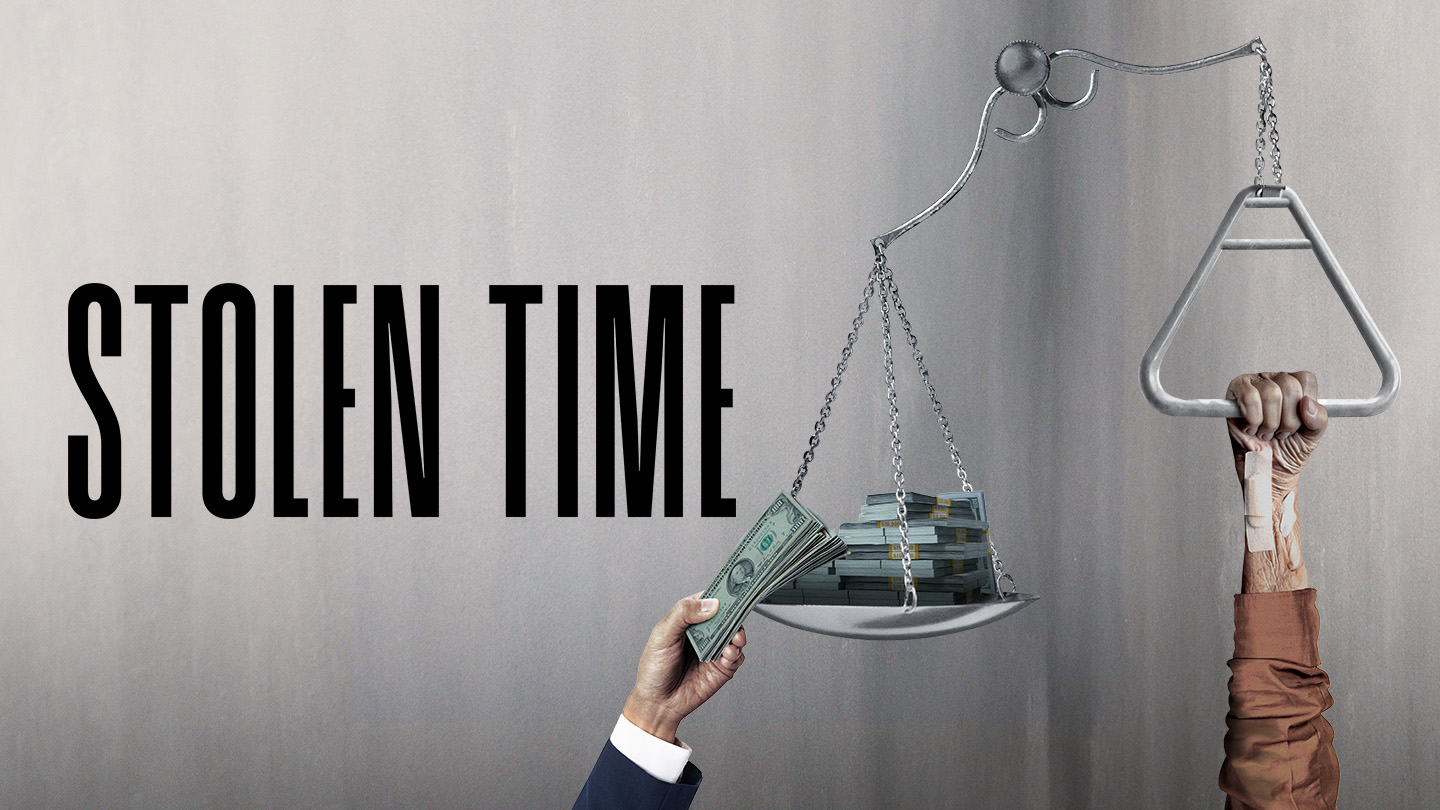
The 26th edition of the Montreal International Documentary Festival (RIDM) , which runs Nov. 15 to 26, will feature four National Film Board productions and co-productions. Stolen Time was spearheaded by a number of Jewish personalities: filmmaker Helen Klodawsky, producer Ina Fichman and charismatic elder rights lawyer Melissa Miller.
This will mark the premiere of Stolen Time, which focuses on Miller and hundreds of aggrieved families who take on the corporate for-profit nursing-home industry—an industry notorious for its lack of transparency and accountability. The film is a rare inside look at a legal battle and an emerging elder justice movement with ramifications—and inspiration—for us all.
Klodawsky has explored the documentary art form for over 35 years. The Academy of Canadian Cinema and Television, Hot Docs and the Rendez-vous du Cinéma Québécois are among the many festivals that have honoured her work.
I got an advance copy of the film and it is indeed very powerful. We all remember the horrible scenes of the elderly residents of senior homes during the pandemic. It is nice to know there are advocates like Miller out there.
Klodawsky, the daughter of Holocaust survivors, notes that Stolen Time marks the latest chapter in her love affair with documentary filmmaking. For almost 40 years she has been drawn to stories of changemakers from the margins. Characters in her films have shared dramatic struggles as activists, artists, parents, lovers, migrants and survivors of war. In doing so, they have moved and informed audiences around the world.
“Stolen Time brings an aesthetic and engaged approach to the theme of ‘care work,’ a subject often entwined with the destinies of those historically on the sidelines: women, people of colour and the poor,” she says. “ It is no surprise that this vital work is largely undervalued and unseen. Moreover, a similar absenteeism exists in care’s relationship to ‘art.’ Only fairly recently have writers, visual artists and filmmakers found inspiration in the emotional and physical entanglements of care.
“About four years ago, thanks to a YouTube clip, I discovered the dynamic and fiery elder rights lawyer Melissa Miller. The moment I saw her speaking out for families whose loved ones had suffered in nursing homes, I knew I wanted to connect. I sensed how Melissa’s legal and activist quest—rife with conflict and suspense—could reframe care as a compelling subject for storytelling. Here was a fight pitting hundreds of desperate families against unsympathetic corporate power and government inaction.
“When I ‘cold called’ Melissa to pitch the idea of a feature doc on fighting nursing home negligence I argued that she and I needed each other to explore the notion that ‘no one is disposable.’ Eventually, both Melissa and her colleagues at Howie, Sacks & Henry, a boutique personal injury law firm, came on board as fearless subjects and collaborators. Working in collaboration with the National Film Board of Canada made a feature doc on nursing home negligence all the more possible. Melissa’s intoxicating life force and depth of commitment have never wavered. Empowering people to demand more from governments in protecting and caring for our most vulnerable populations is central to her vision.
“A handful of dedicated writers and researchers has been charting the privatization of care since the nursing home industry took off in the 1990s. They explore the ways in which governments of all stripes look to the market to answer ballooning demands for care. Today, nursing home chains around the world have become sites for wealth extraction by investors and shareholders. At its core, such financialization of care ties frail elders to overworked, racialized and predominantly female staff. When public pension fund managers, private equity and real estate companies help set the rules, compassion and dignity fall by the wayside. Nonetheless, rapidly expanding populations of the frail elderly, combined with shrinking numbers of family caregivers, ensure a steady stream of residents.”
Klodawsky says that Stolen Time is the first documentary she knows of that portrays an emerging elder justice movement tied to the giving and receiving of care. As with the groundbreaking environmentalists of the 1990s who demanded a new paradigm for our survival on this planet, individuals and communities around the world are now questioning more and more how we value care work and relationships. “Ultimately,” she says. “none of us will thrive without life-affirming care.
“During the pandemic, when vulnerable seniors and nursing home workers made headlines, some asked, perhaps naively, whether long-overdue recognition of care work had finally hit the mainstream. Alas, care’s moment in the spotlight proved to be hardly more than that. As a filmmaker and storyteller who is drawn to the unseen and undervalued, I see much remains to be done.”
Stolen Time will be screening on Nov. 19 (3 pm) at Cinéma du Musée and Nov. 26 (1 pm) at Cinema du Parc with the filmmaker, producers, and protagonist in attendance.
You can see the trailer here: https://vimeo.com/854829647
Go to: ridm.ca for the complete festival schedule
By Mike Cohen
